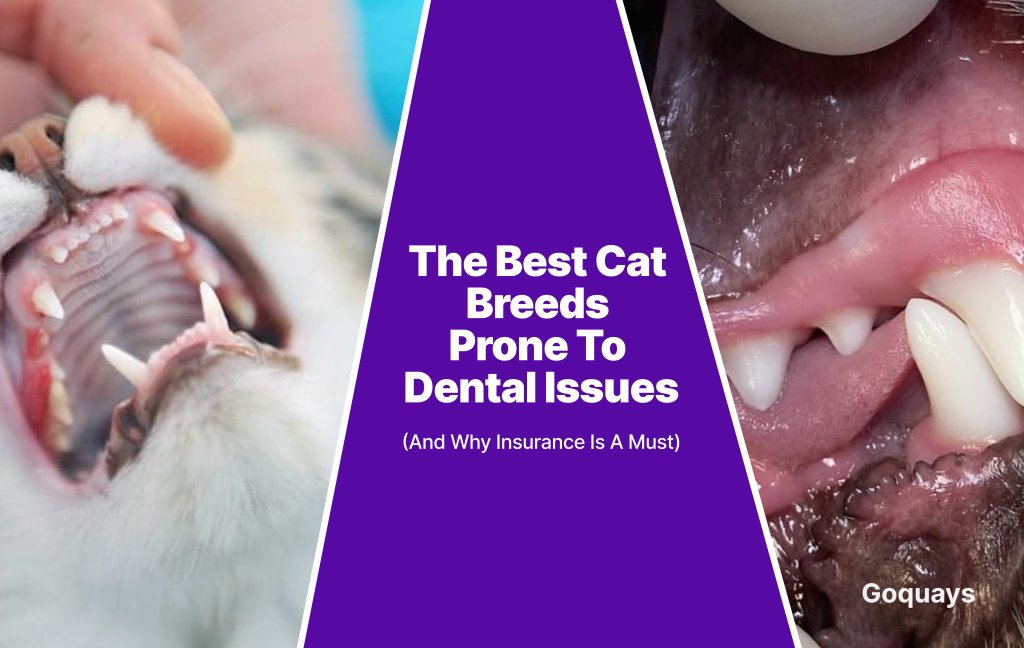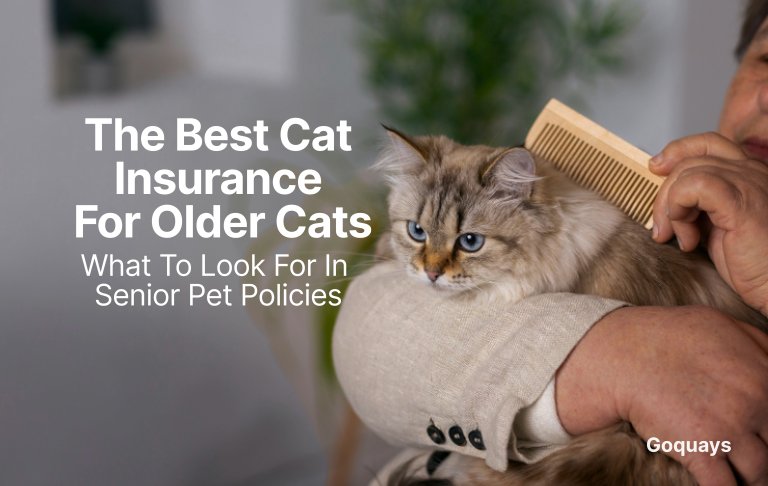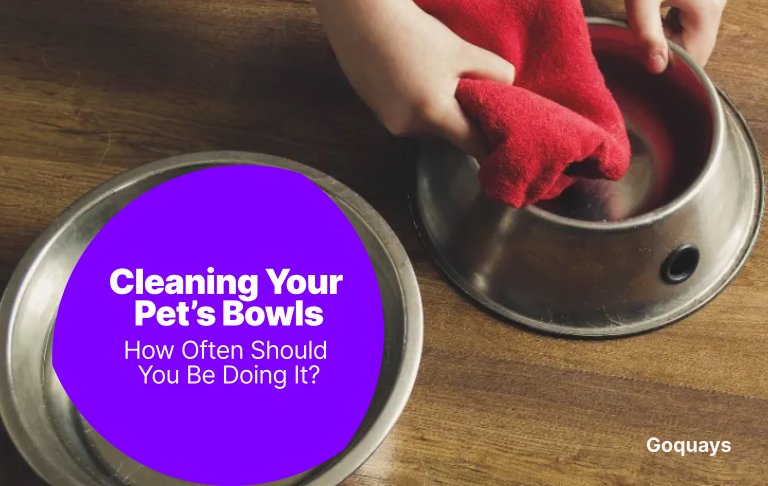Cats are known for their independent nature and grooming habits, but one aspect of their health that often goes unnoticed is their dental care. Dental disease is one of the most common health issues in cats, affecting up to 70% of cats over the age of three. If a dental issue is left untreated, it can lead to severe pain, infections, or even eventually affect major organs like the heart and kidneys.
While all cats are susceptible to dental problems, some breeds are more genetically prone to it like Persian, Siamese, Maine Coon, Burmese, and Scottish Fold cats have the highest risk of dental issues. The treatment can be quite expensive depending on the dental issue. But with cat insurance, your cat can receive necessary care without straining your purse.
This content will explore which cat breeds are most prone to dental issues, why they develop these problems, and how investing in cat dental insurance can save you money while ensuring your pet’s long-term health.
Cat breeds prone to dental Issues
While all cats are at risk of developing dental problems, certain breeds are genetically predisposed to conditions like tooth resorption, gingivitis, and periodontal disease. This is due to jaw structure, tooth crowding, and inherited health conditions. If you own one of these breeds, regular dental checkups and dental insurance should be in place. The best cats that are prone to dental issues are;
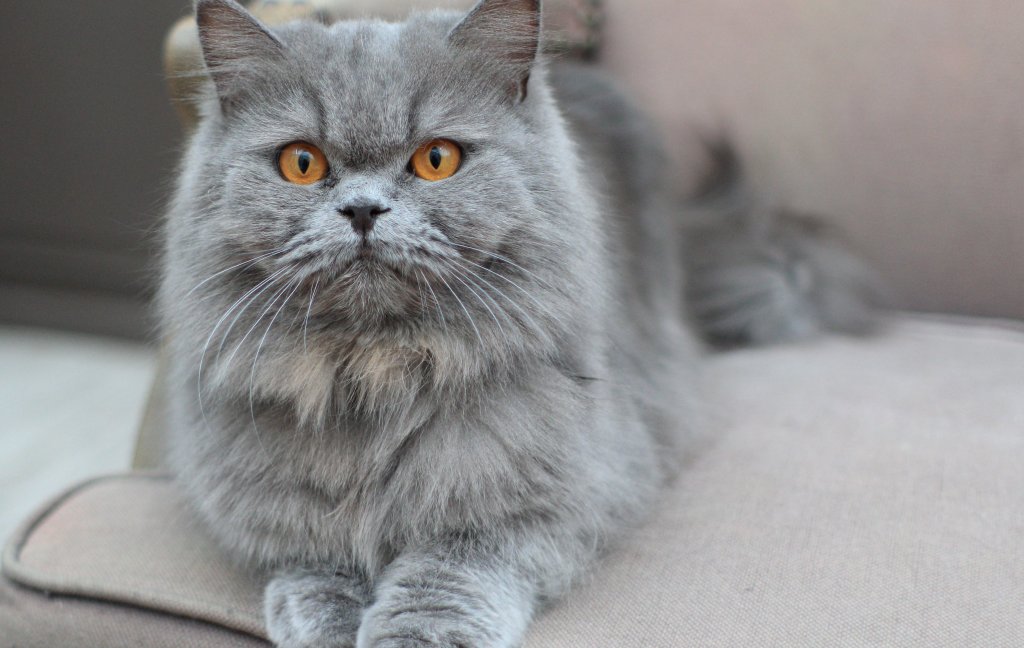
Persian Cats
Persians are one of the most recognizable and beloved cat breeds, known for their flat-faced (brachycephalic) features. However, their shortened skull structure causes dental misalignment, meaning their teeth often grow at unusual angles or become overcrowded. This makes it easier for plaque and tartar to accumulate, leading to gum disease and infections. Some of the common dental problems in Persian cats are;
- Periodontal disease: This is caused by plaque buildup leading to gum infection.
- Tooth misalignment: This can cause discomfort while eating.
- Increased tartar buildup: This leads to bad breath and tooth decay.
With cat insurance, you can;
- Covers routine cleanings and professional scaling.
- Pays for tooth extractions if necessary.
- Cover medication costs for gum disease treatment.
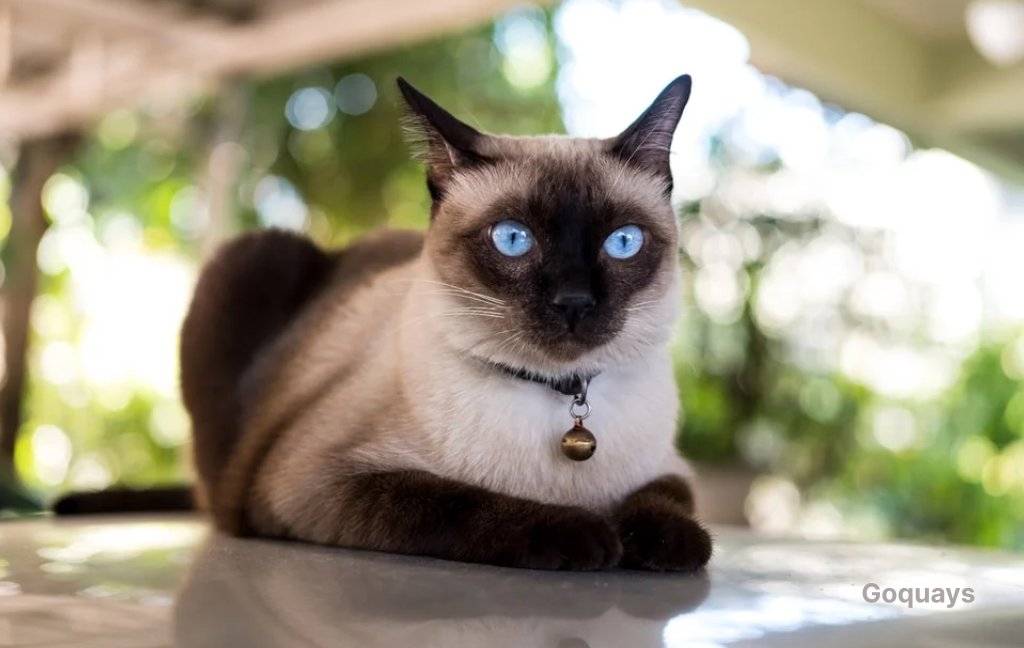
Siamese Cats
Siamese cats are intelligent, vocal, and affectionate, but they are also at a higher risk of genetic dental diseases. Siamese cats are most likely susceptible to tooth resorption, a painful condition where the cat’s teeth dissolve over time. They are also prone to chronic gingivitis, which can lead to stomatitis(inflammation of the gums and mouth). Some of the common dental diseases related to Siamese cats are;
- Tooth resorption
- Chronic gingivitis
- Stomatitis
How insurance helps
- Covers tooth extractions for resorptive lesions.
- Pays for anti-inflammatory medications and pain relief.
- Helps with the cost of specialist dental procedures.
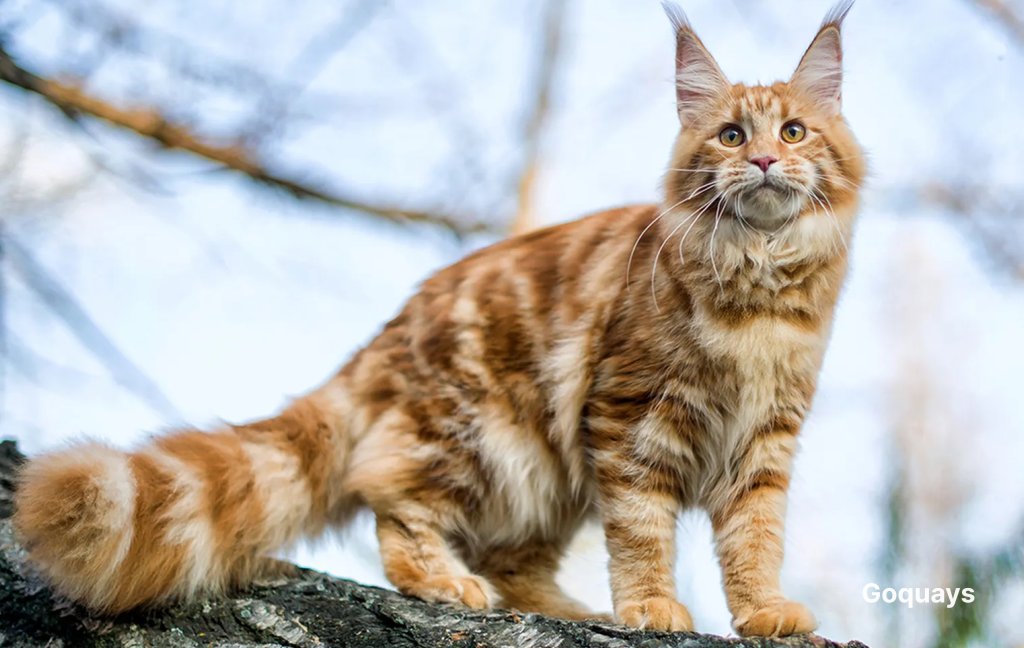
Maine Coon Cats
Maine Coons, are the gentle giants of the cat world, they have large jaws, but that doesn’t mean they are free from dental issues. They have a genetic predisposition to gum disease, and their large teeth can suffer from uneven wear, leading to decay and infections. Some of their main common dental problems include periodontal disease, tooth decay and infections, and jaw misalignment, which all require immediate attention to avoid discomfort for your cat.
But if you have cat insurance in place, it can cover for dental cleanings and scaling to prevent infections, help with tooth extraction costs if decay sets in, and medications for antibiotic treatments for gum infections.
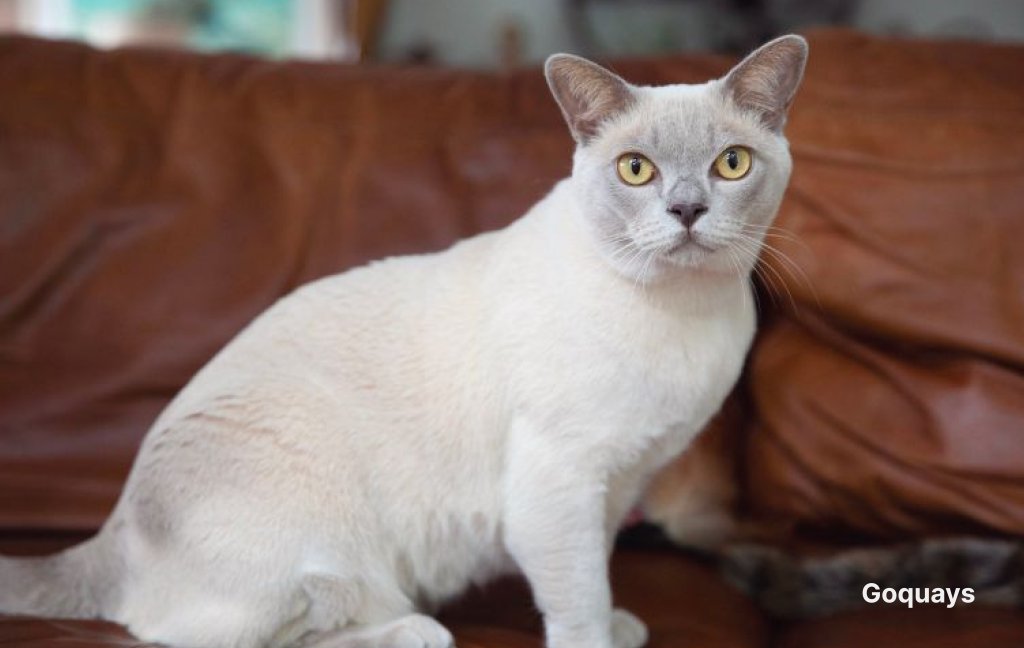
Burmese Cats
Burmese cats are affectionate and energetic, but they have a higher-than-average risk of tooth resorption. This painful condition causes teeth to weaken and deteriorate, and in the long run, it requires extractions. Also, Burmese cats frequently develop gingivitis and early tooth loss, even at a young age.
Why do you need cat insurance?
You need one because tooth resorption can be progressive and expensive to treat. Insurance helps manage the costs of extractions, pain management, and ongoing dental checkups.
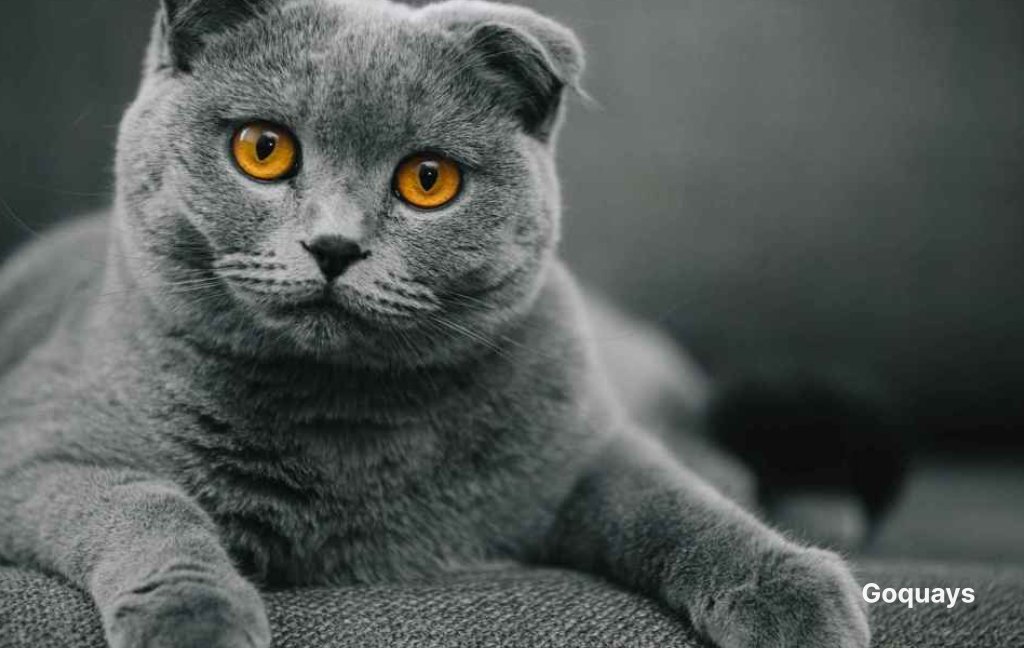
Scottish folds
Their dental issues include overcrowding, plaque buildup, and periodontal disease. Scottish Folds are easily recognizable due to their adorable folded ears, but their unique skull structure can cause overcrowding of teeth, making it easier for bacteria to thrive. Over time, this leads to infections, gingivitis, and tooth decay.
Why insurance is important
Scottish Folds may require frequent deep cleanings and even tooth extractions if severe overcrowding occurs. Pet insurance helps cover these costs and ensures your cat doesn’t suffer from painful dental conditions.
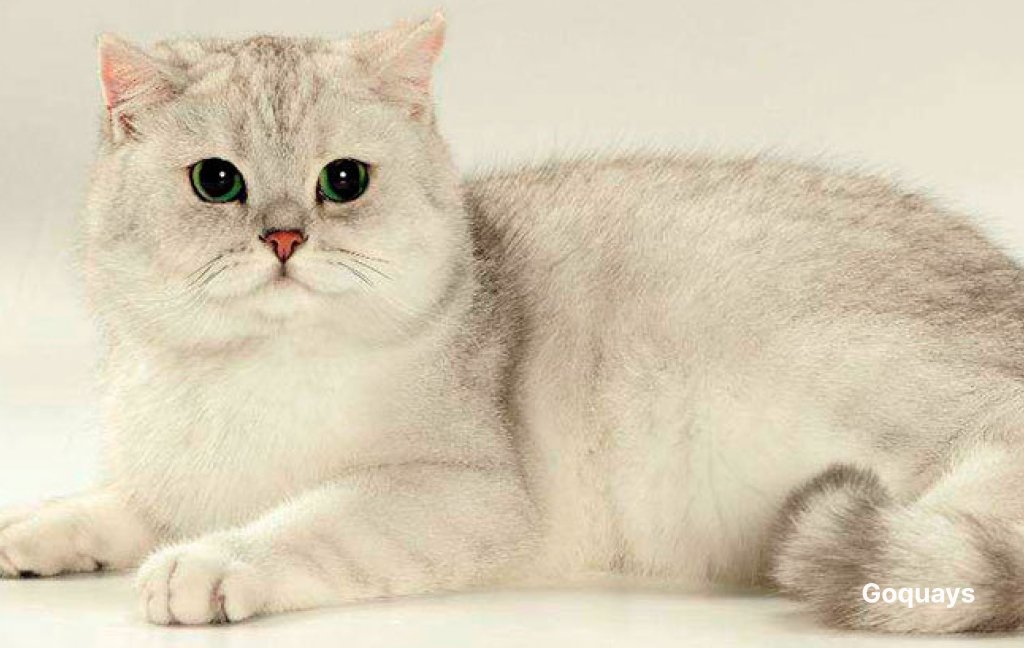
Britsh shorthair
British Shorthairs are stocky, plush-coated cats with a laid-back personality. However, they are prone to tartar buildup and gum infections, making regular dental cleanings is important. Their round faces and short jaws also contribute to tooth misalignment, leading to higher chances of plaque accumulation.
Why do you need insurance?
Dental scaling, antibiotics for gum infections, and occasional extractions can become costly over time. Having insurance means you can maintain your cat’s oral health without worrying about unexpected expenses.
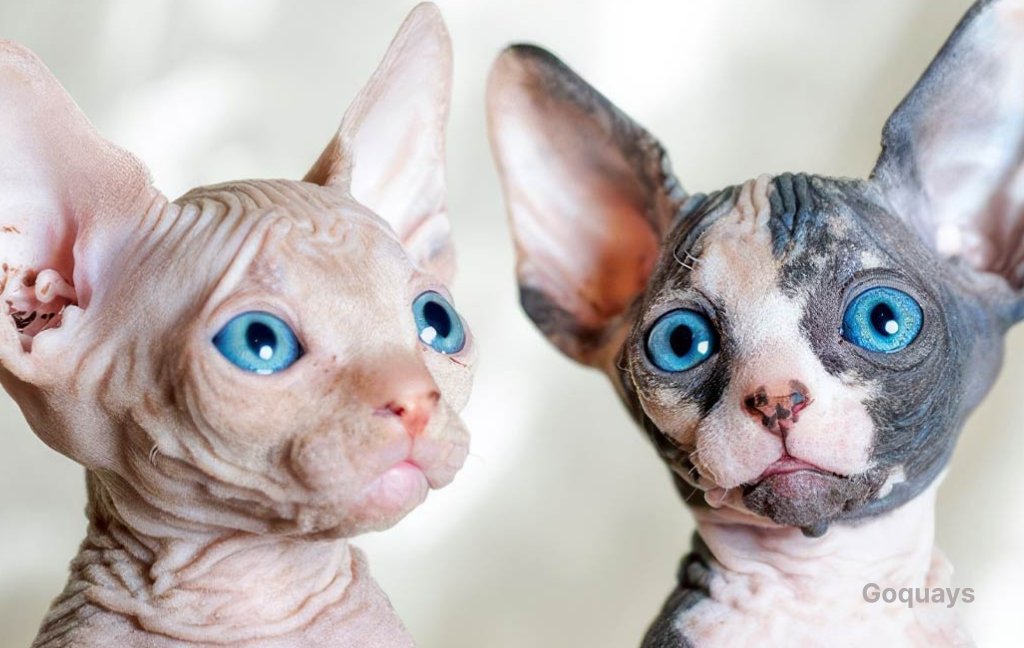
Sphynx cats
Sphynx’s dental issues are gum disease, tooth decay, and plaque accumulation. Sphynx cats are hairless and require extra skincare, but did you know they are also highly prone to dental issues? Since they lack fur around their mouths, their gums are more exposed to bacteria and infections, leading to higher risks of periodontal disease and early tooth loss.
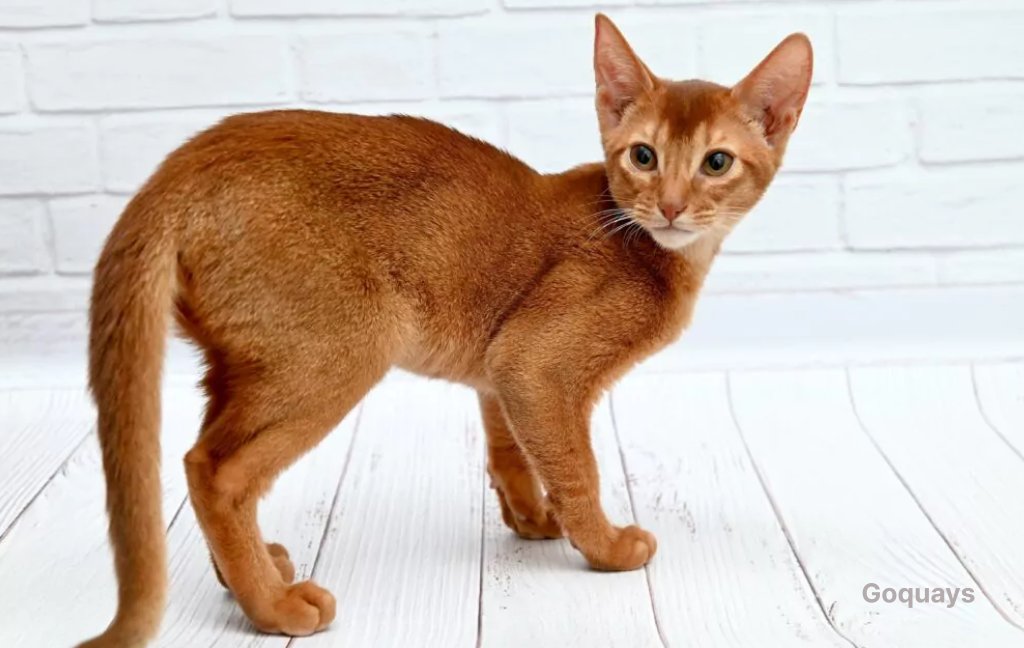
Abyssinian cats
Abyssinians are active, intelligent cats with short, ticked coats. They are highly prone to inflammatory dental conditions like gingivitis and stomatitis. These conditions cause painful mouth ulcers and gum swelling, making it difficult for them to eat.
Why do you need insurance?
Treatment for stomatitis is usually lifelong medication, dental extractions, and veterinary visits. Insurance can significantly reduce the financial burden of managing these chronic conditions.
Causes of Dental Health Issues
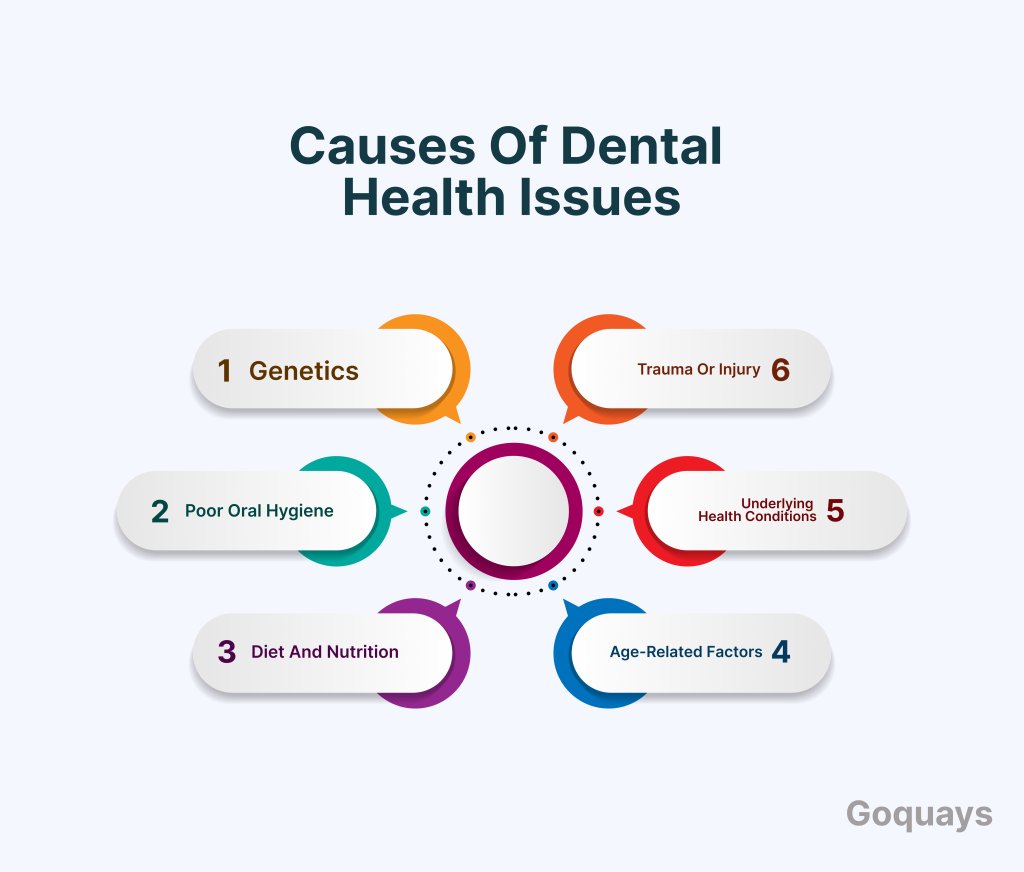
Here are some of the factors that contribute to cat dental issue
- Genetics: Some cat breeds are more prone to dental problems due to their genetics. Breeds like Persians, Siamese, and Maine Coons are known to have misaligned teeth, small jaws, or a predisposition to periodontal disease. These genetic traits make them more susceptible to plaque buildup, infections, and tooth decay.
- Poor oral hygiene: Lack of proper brushing, dental treats, or professional cleanings can lead to plaque and tartar buildup, resulting in gum disease, bad breath, and tooth loss.
- Diet and nutrition: Your cat’s diet plays a significant role in dental health. Cats that eat wet food may be more prone to plaque accumulation since they lack the crunch needed to help scrape off debris from their teeth. Dry kibble treats can help reduce tartar buildup, but without balance, diet-related dental issues can still arise.
- Age-related factors: Older cats are more susceptible to dental diseases like gingivitis and periodontitis. As they age, their immune systems weaken, making it harder for their bodies to fight off oral infections. Senior cats require more frequent dental checkups and treatments.
- Underlying health conditions: Systemic diseases, such as diabetes, kidney disease, and feline immunodeficiency virus (FIV), can contribute to poor dental health. These conditions weaken the immune system and increase a cat’s risk of infections, gum inflammation, and tooth decay.
Trauma or injury: Cats that chew on hard objects or get into accidents may suffer from broken or fractured teeth. This can lead to pain, infections, and the need for expensive extractions or root canal treatments.
How cat insurance can save you money
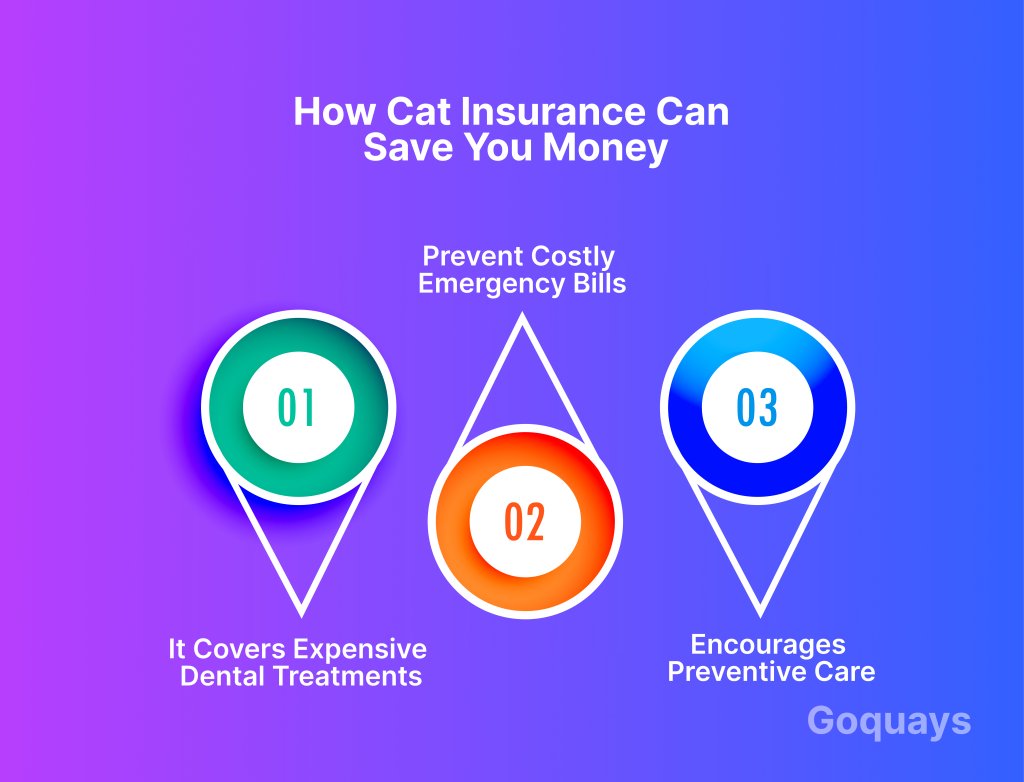
Dental care for cats is usually overlooked, but it is one of the most expensive aspects of pet ownership. Here is how having cat insurance can save you money.
- It covers expensive dental treatments:
Dental procedures for cats are quite expensive, with professional cleanings ranging from £150 to £500, depending on how severe the plaque buildup is. If your cat needs tooth extractions, the cost can jump to £300-£1,000 per tooth.
Some breeds, like Siamese and Burmese cats, are prone to tooth resorption, which often requires multiple extractions over time. Pet insurance means you won’t have to bear these costs out of pocket.
- Prevent costly emergency bills
Cats can suffer from unexpected dental emergencies, such as fractured teeth from chewing on hard objects or severe oral infections that require immediate medical attention. Emergency dental procedures can cost anywhere from £800 to £2,500, depending on the treatment. Insurance helps cover these unpredictable expenses so you are not left scrambling for funds when your cat needs urgent care.
- Encourages preventive care
Many pet insurance plans offer coverage for routine checkups and dental cleanings, which are for preventing major dental issues. Regular cleanings reduce the risk of infections, gum disease, and tooth decay while saving you money in the long run by avoiding expensive treatments.
Choosing the right insurance for cat dental coverage
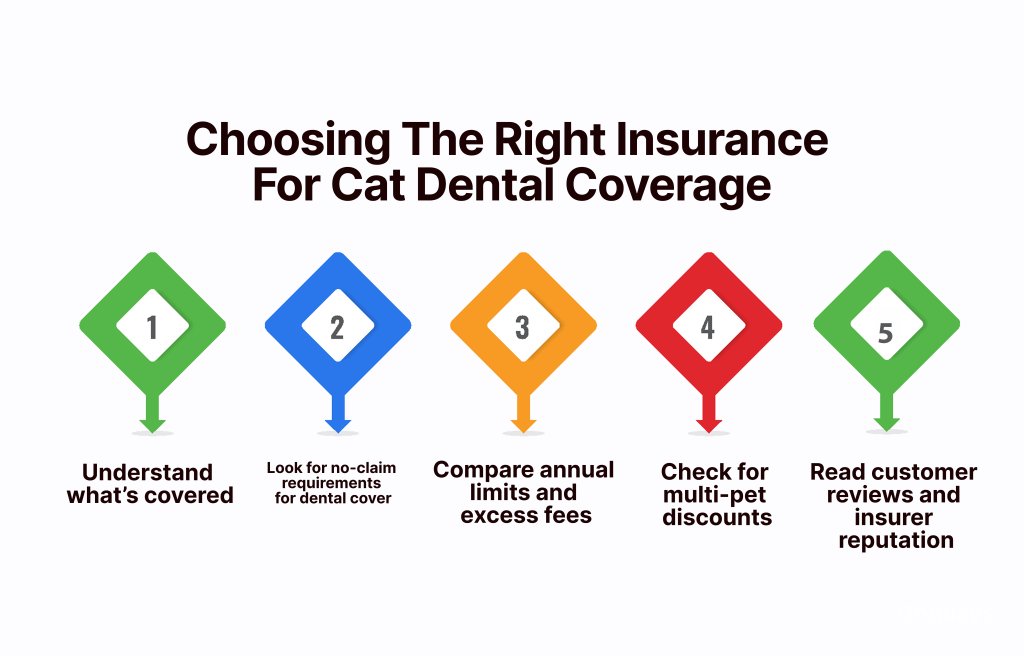
When selecting dental insurance for your cat, it’s important to choose a policy that provides comprehensive coverage that caters for unexpected dental issues.
- Understand what’s covered
Pet insurance policies vary widely when it comes to dental care. Some only cover treatment for injuries, while others include coverage for dental illnesses and routine cleanings. When choosing an insurance, look for a plan that offers:
- Accident and injury coverage: This covers fractured or broken teeth caused by trauma.
- Dental illness coverage: This Covers conditions like periodontal disease, gingivitis, stomatitis, and tooth resorption.
- Routine dental care: It includes check-ups, professional cleanings, and preventative treatments.
You have to ensure the plan you are opting for offers the above, as many basic pet insurance policies exclude dental illness unless you pay for a premium plan. Always check the policy wording to confirm what’s included.
- Look for no-claim requirements for dental cover
Some pet insurers require proof that your cat has received regular dental check-ups for coverage to remain valid. If you don’t take your cat for annual check-ups, your claim may be rejected. Choose an insurer that offers flexibility or provides clear guidelines on how to maintain eligibility for dental claims.
- Compare annual limits and excess fees
- Annual limits: Some pet insurance policies have a maximum annual payout for dental treatments (e.g., £1,000 – £2,500). Ensure the limit is enough to cover potential treatments.
- Excess fees: This is the amount you pay before your insurance kicks in. Some insurers charge a fixed amount per claim, while others apply a co-payment percentage (e.g., 20% of the treatment cost).
- Check for multi-pet discounts
If you have multiple cats, some insurers offer discounts on policies when covering more than one pet. This can be a cost-effective option if you have several feline companions.
- Read customer reviews and insurer reputation
Look at customer feedback on review platforms such as Trustpilot or Defaqto to see how insurers handle dental claims. Some providers may have strict claim conditions or slow reimbursement processes, so choosing a reputable insurer can save future frustration.
Preventive dental care tips to reduce insurance claims
Preventing dental issues helps reduce costly vet visits and insurance claims. Follow these simple steps:
- Brush regularly: Use a vet-approved toothbrush and toothpaste at least 2-3 times per week to prevent plaque buildup.
- Choose dental-friendly food & treats: Opt for dry kibble, VOHC-approved dental treats, and veterinary-recommended dental diets.
- Provide dental toys: Chew toys help remove plaque naturally while keeping your cat engaged.
- Schedule vet check-ups: Annual or bi-annual dental exams catch issues early. Some insurance policies require proof of routine care.
- Use dental water additives & gels: These help break down plaque if your cat resists brushing.
- Avoid harmful chews: Hard bones, cooked bones, and rawhide can cause fractures or injuries.
Conclusion
Taking care of your cat’s dental health is important for their overall well-being and can save you a significant amount on vet bills. Certain breeds are more prone to dental issues, making cat dental insurance a smart investment to cover unexpected costs. However, while you have insurance in place to cover for unexpected costs, as a cat parent, you should also look out for ways to prevent dental issues for your cats. These include regular brushing, dental-friendly food, chew toys, and routine vet check-ups to help reduce dental problems and reduce insurance claims.
When choosing an insurance plan, ensure it includes comprehensive dental coverage, routine check-up requirements, and affordable premiums. A well-maintained dental routine keeps your cat healthy, comfortable, and pain-free, allowing them to enjoy a better quality of life while

